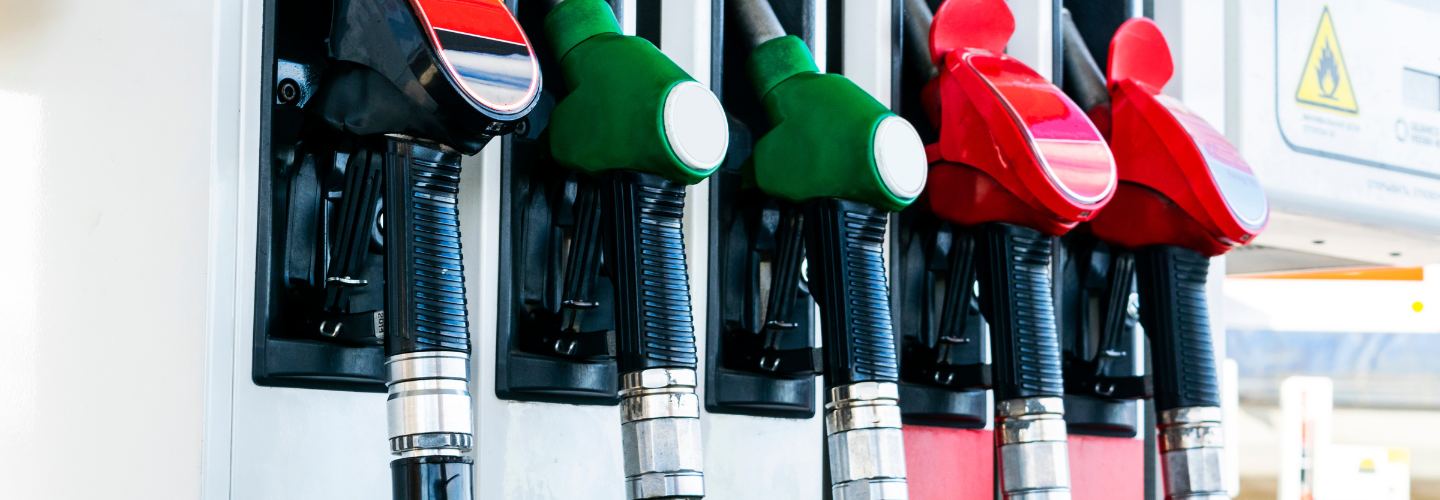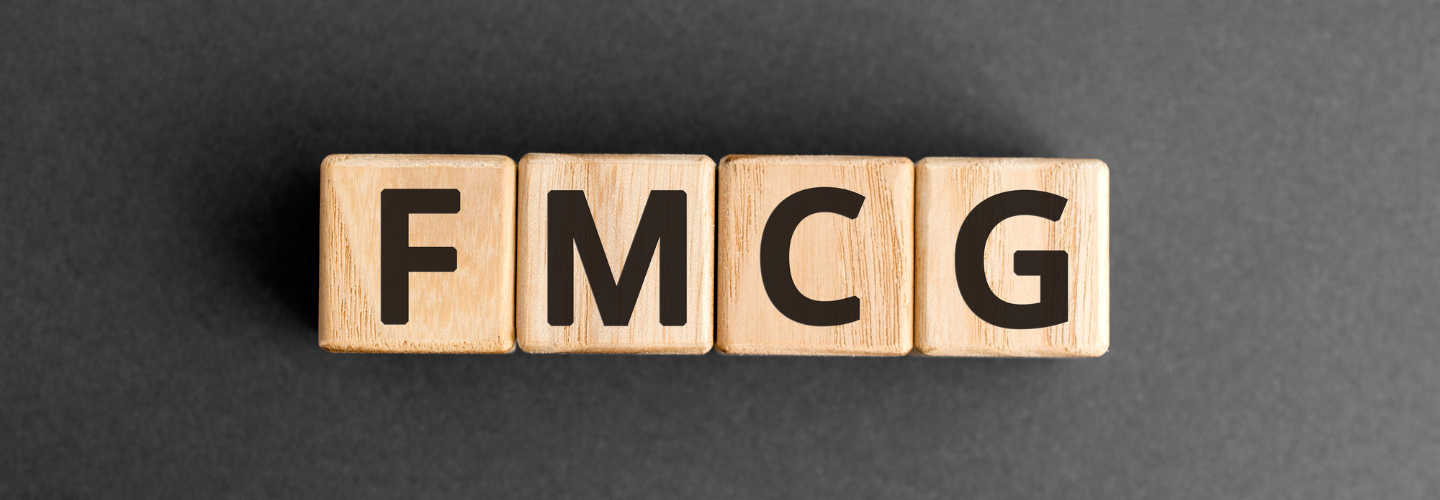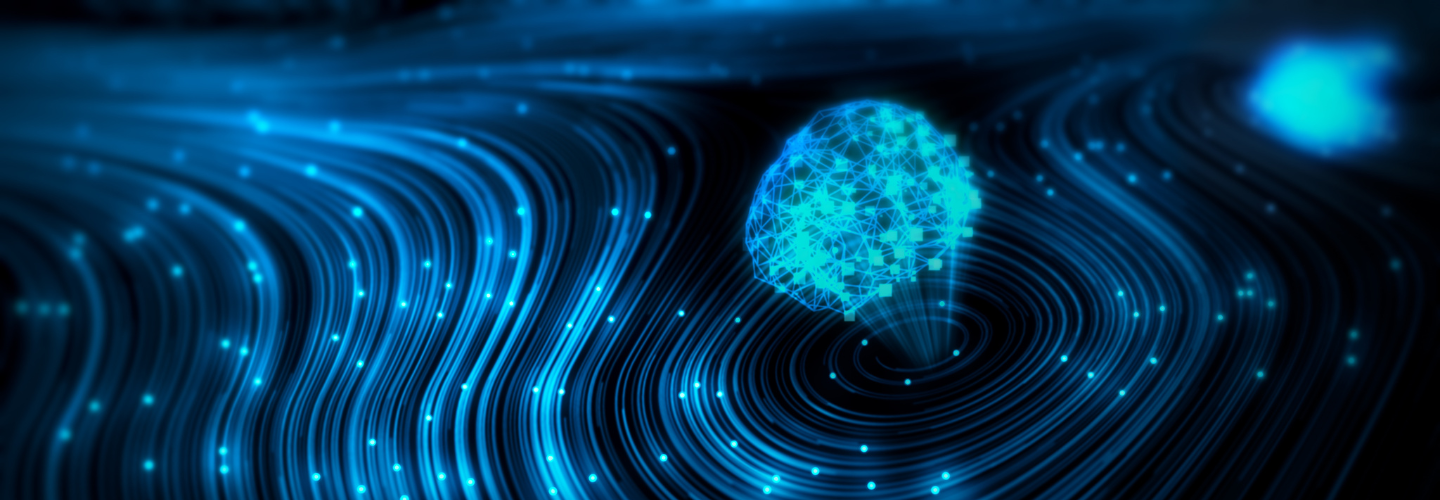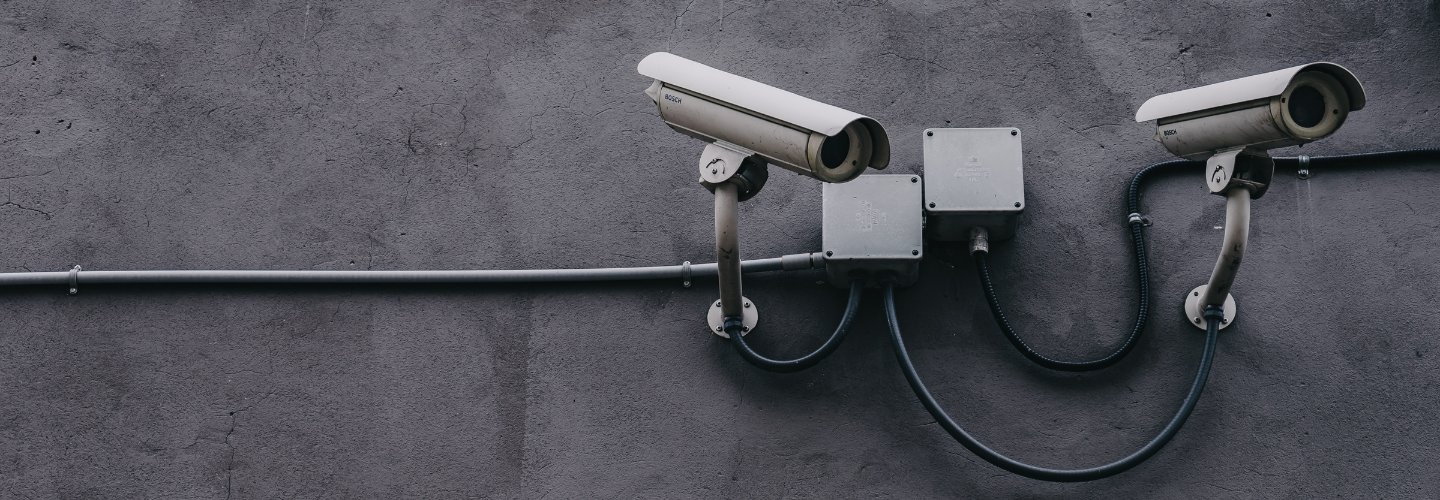
TABLE OF CONTENTS:
Artificial intelligence (AI) is morphing into an indispensable catalyst for innovation and business growth. At Solwit, we have been harnessing this technology for several years – that equipped us with a solid track record of developing AI solutions for clients in sectors ranging from pharmaceuticals to electronics. Our expertise spans the gamut of Computer Vision, AI, machine learning (ML), deep learning, to the meticulous training of specialized language models tailored for our clientele. Notably, our proprietary innovation, Shelf Inspection AI, the tool for aiding the retail industry, boasts an object recognition capability that transcends human accuracy, validated by an astounding 99.5% precision rate in object detection within images.
Solwit’s team comes not only with theoretical knowledge but above all with hands-on experience in working on projects in a broad array of environments. Our engineers are regularly certified as Google Professional Data Engineers, which validates our know-how and skills in data processing and analysis. Our goal with every project is to boost our clients’ business performance, something we achieve through the utilization of AI in decision-making processes, task automation, or data analysis. Our solutions bring tangible benefits, allowing our partners to generate stronger results, optimize processes, and gain competitiveness in the market. Regardless of the industry or complex project requirements, our team is geared up to meet the challenges.
Paweł Ziemiński, Director of Software Engineering, Solwit Center of Competence
In the next part of this article, we will take a closer look at some of the particular projects implemented by Solwit, outlining their assumptions, solutions, and the results they have yielded for our clients.

A client from the fuel sector needed a solution for the automatic recognition of products in images and their arrangement according to a set planogram. Despite numerous challenges, such as large labels, the presence of glass, and unusual product placement, we implemented the project, achieving efficiency in the range of 99-100% depending on the product category.

A client from the embedded solutions industry was looking for a partner with competencies in Machine Learning/Computer Vision (ML/CV) to support the implementation of a smart city camera project. Using recorded materials from the client’s camera, we analyzed urban traffic using YOLO models and object-tracking algorithms. The results were subjected to post-processing, visualizing the detected groups, counting their number, and determining traffic intensity. We cut down the project’s execution time, achieving high model effectiveness and utilizing scalable and serverless cloud infrastructure.

Our client needed a system to verify label compliance with templates to avoid printing errors. We developed a dedicated LabelScan application based on AI algorithms in the Computer Vision area. The system enables quick visual verification of labels on the production line. After implementing LabelScan in December 2022 on three production lines and an additional workstation, the label verification process became automatic and swift, achieving accuracy at a level of 99.9%.

One of the leading pharmacy chains was seeking support in automating the verification of displays in retail stores to increase and speed up the control process. We proposed Shelf Inspection AI, our proprietary tool that enables almost real-time planogram verification. As a result, in addition to 99.5% effectiveness in recognizing products in images, we achieved swift exposure analysis and significant merchandizing cost reductions.
A client from the pharmaceutical industry commissioned us to create a customized Shelf Inspection AI application to automate exposure verification in its facilities. We adapted the models to the products they offered and the application’s front end to their branding. In two client facilities, shelves were photographed, and a synthetic planogram was developed based on them. Subsequently, training of two models was conducted: an object detector (shelf and product face) and a product type classifier. As a result, we achieved a precision that ranged between 98.49 to 99.9%.

During production, it is important to control quality by assessing the solder layer on the soldering surface, which may contain various kinds of defects. Our task was to create a system for the automatic detection of these defects on printed circuit boards. We trained a demonstrative model that segments the image in terms of belonging to three classes: background, soldering surface pad, and bubble, enabling automatic control of a large number of boards in a short time.

A client needed support in preparing a framework that integrates object detection and tracking modules, post-processing of the results, and estimating pose in 2D and 3D modes. The project’s goal was to boost the speed of inference in the process of assessing an object’s skills based on video. Our framework was designed to streamline the workflow configuration and reduce inference time by flexibly changing configuration parameters for individual modules. The separate modules were placed in Docker containers, allowing them to run locally on different platforms.
● Python
● OpenCV
● PyTorch
● Numpy
● Docker
● Git

The company needed a system that would predict battery discharge and ensure device operation continuity to avoid service interruptions. We applied a recurrent neural network to detect patterns preceding a failure or battery discharge, enabling an alarm to be triggered before these events occurred. As a result, we reduced the number of failures leading to system downtime, optimized routine service checks, and shortened system downtime.
